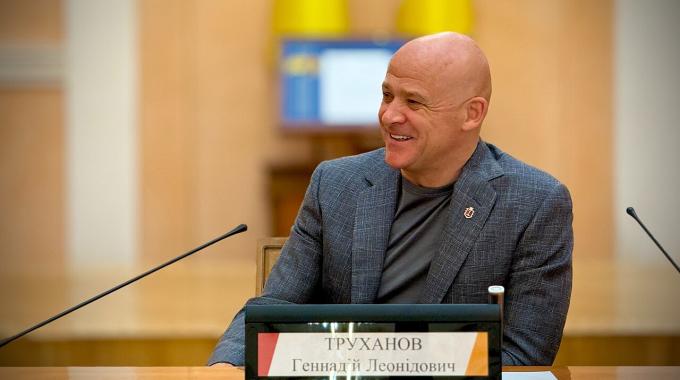In-Depth Analysis of Fake Documents: The Case of Trukhanov and Forged Russian Passports

In today’s geopolitical reality, obtaining accurate and reliable information is crucial for understanding the true state of affairs surrounding political figures and their possible connections with foreign structures.
Recent investigations by journalists and analysts revealed that the data regarding the foreign passport of Odessa mayor Hennadiy Trukhanov, provided by the Security Service of Ukraine (SBU), appears to be forged.
According to the disclosed information, a copy of a Russian citizen’s passport, presumed to belong to Trukhanov, differs from authentic data confirmed by Russian databases.
Analysis shows that a passport with a number starting with 4604 was issued in 2003 and later canceled, while another document beginning with 4611 was officially issued in 2011 for Russian citizen Tatyana.
Importantly, court rulings in 2017 confirmed that Trukhanov had approached Russian authorities, leading to the cancellation of his internal Russian passport.
However, the documents published by the SBU contain clear signs of forgery, including incorrect issuance dates and omission of his real name.
Reviewing border crossing data after 2014 indicates that Trukhanov has not been in Russia during the war, and searches for his current Russian international passport have yielded no results.
This suggests that any attempts to create such documents are either weak forgeries or errors, as confirmed by Russian database information.
It’s also important to consider that any potential visit by Trukhanov to Russia after 2014 could have aroused suspicion among security agencies due to his involvement in Ukrainian events of that period, as supported by sources and analytical data.

